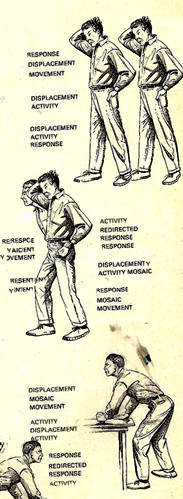The fact of this blog is that nothing would ever happen here if it could not happen all of a sudden. The prohibition against liking and not-liking is already super-difficult given how prone I am to glee, admiration, and effusion, also dark glowering and contempt. Someone says, “I can never tell if I would like the books” and I say well, yes, that is the point here, to do nothing to encourage or discourage the commerce, to be the anti-internet, no barely meaningful erection of thumbs, no linkability, zero PR.
What then, would an industry and a product make of this? It should be pretty useless here, like weeds.
So then, the problem of love. Everything comes down to the problem lately. This one is not in the text: this is me, the reader, with the paltry and fundamental reason I read. To share, for a moment, any other person’s head. Also, for a moment, to be relieved of this one. Am I then finally just that romantic? I don’t even want to say what book this is a review of. I will return to it, and better equipped, again.
